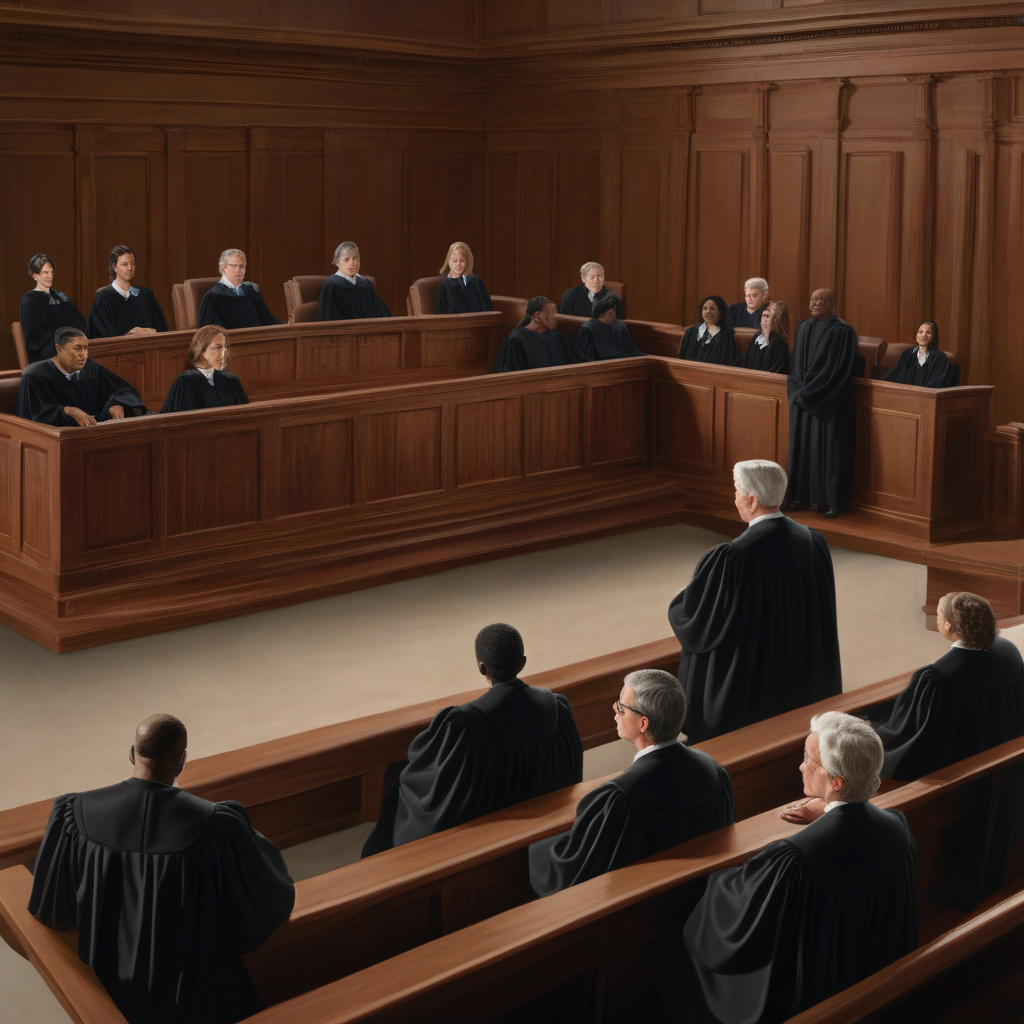UK Judges Issue Warning on Unchecked AI Use by Lawyers
In a world where technology is advancing at an unprecedented pace, the legal industry is not immune to the disruptions caused by artificial intelligence (AI). Recent developments in the United Kingdom have highlighted the potential risks associated with the unchecked use of AI tools by lawyers, prompting judges to issue a stern warning regarding legal integrity.
Two notable court cases in the UK have brought this issue to the forefront, shedding light on the challenges posed by AI in the legal profession. In these cases, fake citations were generated by AI tools, calling into question the reliability and accuracy of information presented in court. The implications of such incidents are far-reaching, raising concerns about the credibility of legal proceedings and the potential for miscarriages of justice.
The use of AI in the legal field has undoubtedly brought about significant benefits, such as increased efficiency, cost savings, and enhanced decision-making capabilities. AI-powered tools can sift through vast amounts of data in a fraction of the time it would take a human, enabling lawyers to streamline their research processes and focus on more strategic aspects of their cases. However, as with any technology, there are inherent risks that must be carefully managed to prevent adverse outcomes.
One of the key issues highlighted by the fake citations generated by AI tools is the lack of transparency in the decision-making process. Unlike human lawyers, AI systems operate based on algorithms and data inputs, which may not always be apparent or easily verifiable. This opacity can make it challenging to identify errors or biases in the AI-generated content, leading to potential inaccuracies that could have serious consequences in a legal setting.
Furthermore, the reliance on AI tools raises questions about accountability and ethical considerations in the legal profession. Who bears responsibility when AI systems produce erroneous information that influences the outcome of a case? How can lawyers ensure that the use of AI aligns with legal standards and professional ethics? These are complex issues that require careful deliberation and clear guidelines to safeguard the integrity of the legal system.
In response to these challenges, UK judges have issued a warning urging lawyers to exercise caution when using AI tools and to uphold the principles of legal integrity. While AI can be a valuable asset in the practice of law, it must be deployed judiciously and in accordance with established standards of conduct. Lawyers have a duty to critically evaluate the output of AI systems, verify the accuracy of information, and take steps to mitigate the risks of potential errors or biases.
Ultimately, the integration of AI into the legal profession is a double-edged sword that offers both opportunities and pitfalls. By harnessing the power of AI responsibly and ethically, lawyers can enhance their capabilities and improve the delivery of legal services. However, vigilance is paramount to ensure that AI remains a tool for justice and not a threat to legal integrity.
In conclusion, the recent cases involving fake citations generated by AI tools serve as a timely reminder of the importance of oversight and accountability in the use of technology in the legal sector. As AI continues to reshape the practice of law, it is imperative that lawyers strike a balance between innovation and integrity to uphold the principles of justice and fairness in our legal system.
AI, LegalTech, UKJudges, LegalIntegrity, EthicalAI












